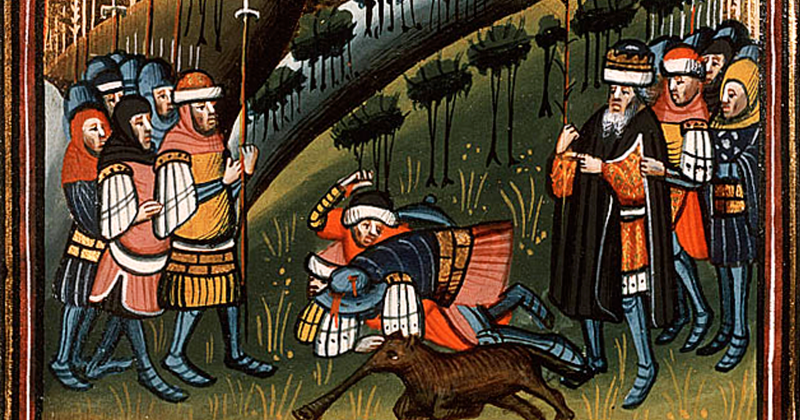- Pacific Time
Erich Gruen & Ron Hendel · Hanukkah: Resistance or Accommodation?
Virtual Program
Brave Maccabees defeat the evil Seleucid Empire and rededicate the Temple; miracle oil burns for eight days (thus the latkes). Not really...the Books of the Maccabees tell a far messier tale.
Yes, Hanukkah celebrates a stirring victory of Jewish forces, led by Judah Maccabee, over those of the Greco-Syrian king Antiochus Epiphanes, who had sought to stamp out the religion, rituals, and institutions of the Jewish nation. But the historical record is more complicated. It was no... Read more

